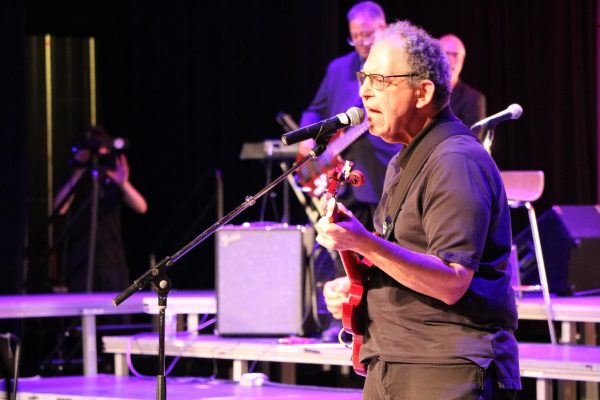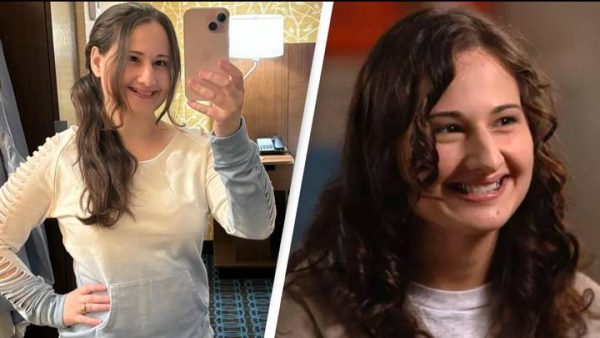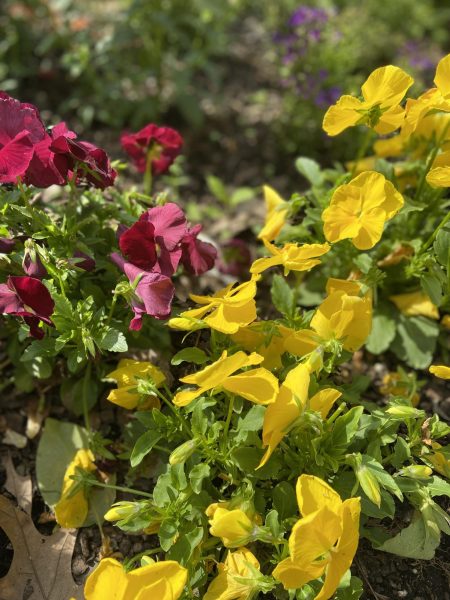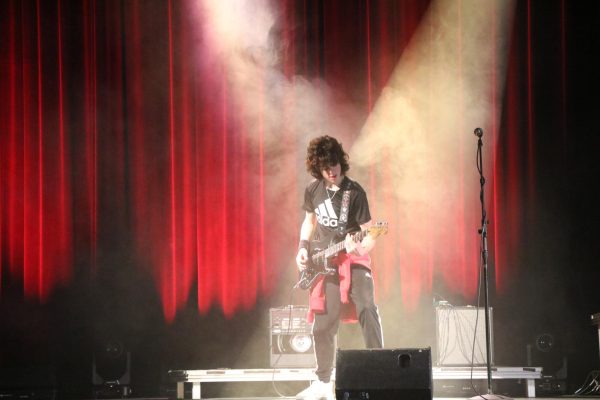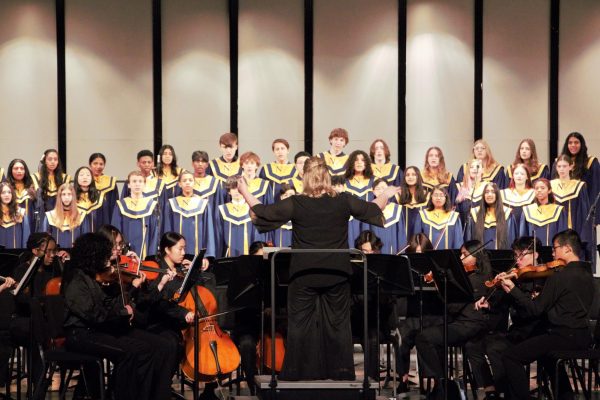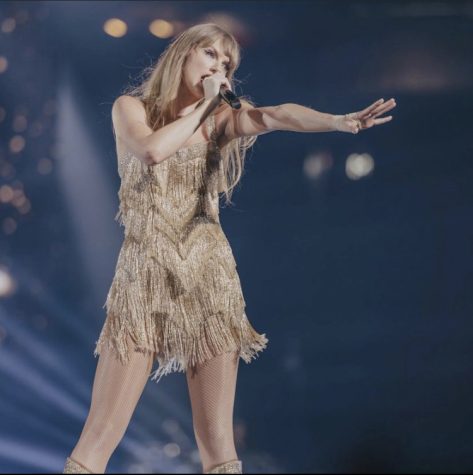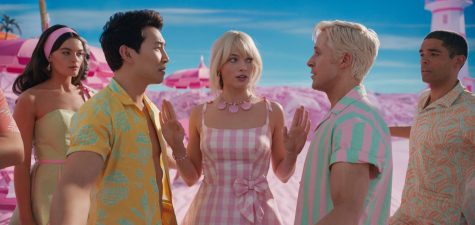Separating the art from the artist
September 23, 2019
How much can we separate the art from the artist?
This is a question that we’ve been faced with for ages. There has been a long standing debate in our society as to whether the controversy of an artist should consequently affect their work. Even back when Michael Jackson was the king of pop, people were still trying to figure out if the art should be held accountable for the artist. Many go back and say that they sensed it or should have seen it coming, and yet, it took the 2019 documentary, “Leaving Neverland”, for people to acknowledge the truth. It wasn’t until 2019, that people began to speak on Michael Jackson’s several controversies, especially those surrounding pedophilia. It came up again when we found out Snoop Dogg was in a gang and has literal blood on his hands, or when XXXtentacion was revealed to be an abuser, or even recently when Drake groped a minor on stage at one of his concerts, despite knowing her age. We have all done the same thing — turned a blind eye and ignored it.
The question isn’t about whether or not this happened or if people should believe the artists; the stories have been confirmed. It’s about whether or not the value we place on the art they make should change. It’s about just how much leeway we give an artist for creating. Should knowing that Cardi B used to drug and rob men mean that you can’t listen to her music? Well, let’s break it down.
Music in itself has several benefits. An article on Time reports that it has been scientifically proven that music can boost your mood, fend off depression, improve blood flow, lower stress and ease pain. They also reported that “listening to music before an operation can even improve post-surgery outcomes.” This in itself isn’t much of a surprise. As teens, many of us turn to music to either lift us up or find something to relate to. I, myself, have over a dozen different playlists for a dozen different moods. In fact, some even turn to music as a form of therapy in which a therapist and their patient use music to reach a “more complete or optimistic” point in life, as reported by Alan Turry, the director of the Nordoff-Robbins Center for Music Therapy at New York University.
So to recap, music is important and helpful and no one’s surprised. Except, it doesn’t only help the listener, does it? Now, assuming that we are all on the same page about corruption in—well, the world—we know that money is power and power means that you don’t have to face any consequences (refer back to the time where I said Snoop Dogg literally murdered someone and is still out here smoking weed and living his best life).
Don’t believe me? Let’s take a look at R Kelly. Kelly has been facing allegations of sexual misconduct and abuse since 1992, but hush money has come through every time. In 1992, he was 27 and married to and in a sexual relationship with a 15-year-old. After finding out that the girl, Aaliyah, had lied about her age, the marriage was annulled and both refused to comment on it. Kelly had also left that part out of his autobiography published in 2012. This was just the beginning of R Kelly’s several scandals including sexual assault and pedophilia. He even took a page out of OJ Simpson’s book by addressing the accusations in his music, saying “I admit I f*** with all the ladies, that’s both older and young ladies, but tell me how they call it pedophile because of that.” He also goes on to blame the parents of the young girls he has been accused of assaulting in the song, “I admit that this is no disrespect to the parents…don’t push your daughter in my face and tell me that it’s okay ‘cause your agenda is to get paid and get mad when it don’t go your way.” Because of his wealth, he was able to sell hit after hit and win award after award despite these accusations and was able to pay off and have the accusers settle out of court on multiple occasions. He was acquitted of 13 cases of child pornography in 2002, and now after 27 years of having sex with minors and assulting various women, R Kelly is going on trial.
So how, exactly, does me or you listening to the artist’s music, earn them money and give them enough power to get away with being ignorant? For one, it supports the artist. The more you stream, the more relevant they become, and eventually, all publicity is good publicity. That relevancy introduces them to new fans that may not know of the artist’s controversial past, gives them views on YouTube and streams on Spotify, which earns them money via ad revenue, and makes them a focal point for all media, which makes them the perfect target for brand deals.
Furthermore, the songs themselves come with a lot of money-making mechanisms. One is copyright. RollingStone reports that copyright laws in music are separated into two categories, “composition (lyrics, melody) and sound recording (literally, the audio recording of the song).” These two copyrights are constantly earning both the label and the artist money. Whenever anyone wishes to use any of the artist’s music, they must purchase specific licenses that generate royalties for the artist, the label and the composition team.
Royalties are the amount of money the rightful owners of a product get in exchange for others to sell, distribute, embed or monetize that material. Anytime an artist’s songs are being played, they are making revenue. All this is still indirect support. There’s also merch, hardcopies of albums that come in different versions like “deluxe,” tapes, vinyl, and digital, and concerts and live performances that earn the artist money. By listening to the music that helps you emotionally or mentally, you are also supporting the artist whether you want to or not.
So then that brings us to the final point — is it worth it? Is it worth bopping to “I Like It” or “Bodak Yellow” knowing that Cardi B will never have to give more than a sloppy apology for drugging and robbing people? Is it worth adding “Drop It Like It’s Hot” to your party playlist knowing that Snoop Dogg is more likely to go to jail for doing drugs than for literal murder?
Or are there other factors to consider. Maybe the fact that it’s been ages since Snoop Dogg was in a gang or that Cardi only did what she did due to “limited options” in order to “survive” changes your stance. Maybe an apology, a real apology, puts a band-aid on the situation and lets it heal by itself. Or maybe the uncertainty of a situation or the fact that it was just a “joke” taken out of context or out of hand makes it okay. Is it okay to turn to Melanie Martinez’ new album “K-12” if we don’t really know if she actually assaulted and raped her friends? Some say there are holes in the story while others burned her merch and broke her albums in half.
I don’t want to make a blanket statement saying that it is or isn’t ok. The top priority should be your mental health, and if listening to “Changes” by XXXtentacion helps you stop crying at night and makes you feel understood, then by all means go ahead. If listening to “Hotline Bling” gets you to laugh and brings you out of a funk, by all means go ahead. But don’t forget to demand that consequences be faced. Don’t forget to demand that, for recent issues at least, genuine apologies are offered and punishments are served.
I’m not saying to throw Snoop Dogg in jail now, almost three decades after the original case. And I’m also not saying that you should wash the memory of Melanie Martinez from your brain and burn everything you own that is related to her — especially not if the truth isn’t out or if there is no proof of her guilt. However, in the year 2010, Drake called a 16 year-old up on stage only to grope her, found out that she’s a minor and continued to make inappropriate comments about her breasts. The footage for this went viral in 2019. He should face the consequences, not win a Grammy. If somebody can get away with that in 2010 and again in 2019 after the video resurfaced, something is wrong. Things like that — blatant disregard for someone’s personal space — shouldn’t be ok in 2019. Love the art you want and support the artists you want, but not blindly.
Listening to music you enjoy doesn’t make you a bad person. But know what you are doing. Know how your actions support the artist and know what artist did. Educate yourselves, others and the artists. Be aware and beware of the importance you give to those on your “stan list.” Good musician doesn’t always mean good person. Love who you want and what you want but without ignorance. Hold them accountable for their actions.
Separate the art from the artist.

